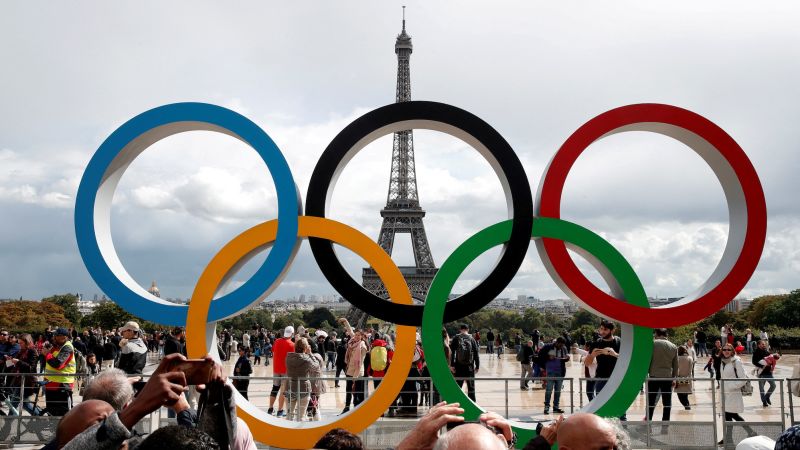CNN
—
Allowing athletes from Russia and Belarus to compete at the Paris Olympics could lead to a large-scale boycott and render the Games “pointless,” Poland’s sports minister said on Thursday.
The remarks come after Poland, Latvia, Lithuania, and Estonia accused the International Olympic Committee (IOC) of advancing special exemptions allowing Russian and Belarusian athletes to compete at the Games.
In a joint statement, sports minsters from the four nations said such actions would enable sport “to be used to legitimize and distract attention from Russia’s war of aggression against Ukraine.”
Last week, the IOC outlined a multi-step plan for Russian and Belarusian athletes to participate at the Paris Olympics and the 2026 Winter Olympics in Milan, arguing that “no athlete should be prevented from competing just because of their passport.”
Kamil Bortniczuk, Poland’s Minister of Sport and Tourism, told Reuters: “I’m convinced that a meeting that is planned for February 10 will reach a conclusion of over 30 or maybe 40 sports ministers – including those from the US, UK, Canada, Australia, and Japan – to decisively reject the idea to allow athletes from Russia and Belarus to take part in the Games.
“Considering this, I don’t think we will face tough decisions before the Olympics and, if we were to boycott the Games, the coalition we will be a part of will be broad enough to make holding the Games pointless.”
Russian and Belarusian athletes are currently banned by many sporting federations following a previous recommendation from the IOC.
Last week the IOC said that Russian and Belarusian athletes would compete as neutral athletes if they were to participate at the Olympics.
The move has been commended by the office of the high commission of Human Rights, which said: “We urge the IOC to adopt a decision in that direction and to go further, ensuring the non-discrimination of any athlete on the basis of their nationality.”
And on Thursday, White House press secretary Karine Jean-Pierre did not object to individual athletes from Russia or Belarus competing at the Olympics, as long as it is “absolutely clear” that they are not representing their mother countries.
However, the IOC has come under strong criticism from Ukrainian tennis player and Olympic bronze medalist Elina Svitolina, as well as former boxing champion Wladimir Klitschko, who won a gold for Ukraine at the 1996 Olympics.
“We must stick to banning Russian and Belarusian athletes, sending a strong message worldwide that we are united in the sanctions imposed against Russia and Belarus and that there are consequences for the heinous acts of their governments,” said Svitolina.
This week, responding to comments made by Ukrainian presidential aide Mykhaylo Podolyak, the IOC decried “defamatory statements” that it said “cannot serve as a basis for any constructive discussion.”
When CNN contacted the IOC regarding a potential boycott, it pointed towards a statement on its website about solidarity with Ukraine and sanctions against Russia and Belarus, which said: “Threatening a boycott of the Olympic Games goes against the fundamentals of the Olympic Movement and the principles it stands for.
“A boycott is a violation of the Olympic Charter, which obliges all NOCs to ‘participate in the Games of the Olympiad by sending athletes.’ As history has shown, previous boycotts did not achieve their political ends and served only to punish the athletes of the boycotting NOCs.”
In the questions and answers statement, the IOC said the participation of Russian or Belarusian athletes at Paris 2024 “has not been discussed yet.”

